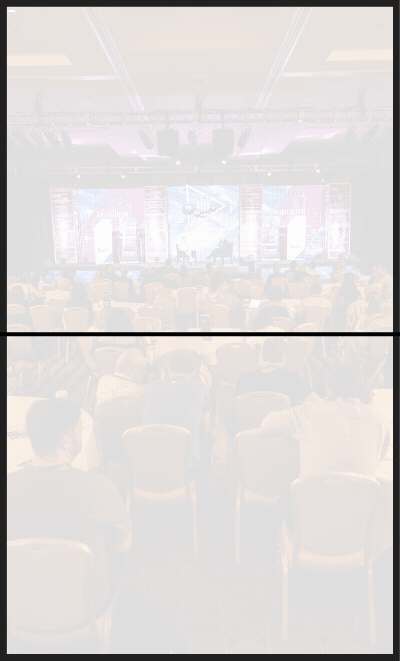

PodMov Daily: Monday, July 27
Episode 250: Your Monday Mix

PRX: The Who, Why, and How of Podcast Marketing
Charlotte Cooper, Director of Audience Development and Marketing at PRX, observes the changing role of key marketing questions this year. Who are we trying to reach, why should they listen, and how can we reach them? Many of Cooper’s organization-focused suggestions will apply to individual podcasters.
Each collective trauma “dramatically shift[s] the country’s mood and focus,” Cooper explains. If a show's goals or identity changes, its marketing strategy must also. “While the content is very different, the “why” holds in line too” […] “You need to know why your show is unique to build the most compelling ‘why now’ promotional narrative.”
Hits-on-arrival tend to take up valuable visibility on podcast apps. “Podcast platforms’ priorities do not always align with our urgency to get the message out,” Cooper says. Make it enticing: “Our marketing message must make the moment urgent to the listener’s life even when it doesn’t feel like the world is on fire.”
Monday Guest Feature: Listen to Your Own Voice
This Monday’s guest feature from Martha Hughes gives newcomers valuable perspective on conventional wisdom. The host of running podcast Martha Runs the World, Hughes put in countless hours of research at the beginning. “Each expert seemed to have ‘the way’ to make it work,” but there are no universal solutions.
“Why was I always second-guessing myself? I never knew if I was doing things the ‘correct' way or if I was just fumbling along with the world laughing at me,” Hughes writes. In hindsight, she lists common ‘rules’ that haven’t applied. For example: “Don’t put your podcast on Patreon until you have at least 700 listens per episode.”
Download numbers aren't the only source of growth. “There is no arbitrary number that says, ‘This is when you’re allowed to put a Patreon button on your website,’” Hughes points out. “It’s a good idea to wait until you have a loyal base of listeners.” She also explains why (and how) small podcasts should pursue sponsors.

Influencer Response: Smarter Podcast and Influencer Marketing
Behind every effective podcast- or influencer-driven marketing campaign are years of historical data. With over 25 DTC clients and innovative AI learning software, Influencer Response offers brands a total solution for planning, buying, and managing every moving part.
At Influencer Response, trackable data and healthy ROI are top priorities, ensuring your brand is connected with top-converting podcasts and influencers at the lowest rates. It’s a full-service, Direct Response agency that operates as an extension of your in-house team — with no set-up fees, retainers or monthly commitments.
As a boutique agency, Influencer Response offers the quickest media optimizations, plentiful firesale opportunities, access to their very best inventory regardless of your budget size and will amplify results through the podcast's socials too!
Ready to remove the guesswork from your Direct Response podcast or influencer campaign? Contact the team to meet your strongest campaign yet.
Here's what else is going on:
- Critical mass: According to Max Willens of Digiday, “a growing number of podcast creators, particularly in entertainment and sports categories, have been trying to figure out how to fit more ads into their shows.” However, adding inventory to the shows carries risks.
- Match point: Sam Dolnick of The NYT tells Nicholas Quah that the organization's goal is to be “a real center of gravity for audio journalism, news, and storytelling […] For the people who love Serial — and there are millions of them — the idea here is to have more Serials.”
- Flight delay: What does it mean that Americans are starting audio consumption later in the day? Tom Webster of Edison Research explains why the 75-minute average shift is a huge deal, and why audio needs to reframe the function, not just timing, of its “jobs to be done.”
- Light switch: The Australian podcast production agency The Peers Project was built with diversity in mind. Founder Michelle Akhidenor tells Marie Claire how the company “help[s] brands spark conversations in ways that are ‘less vacuous flop and more creative genius.'”






Join the Movement